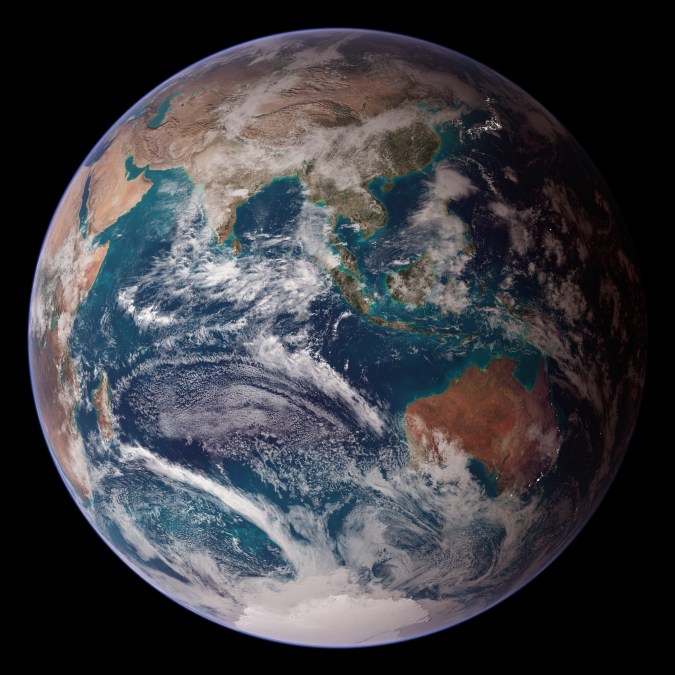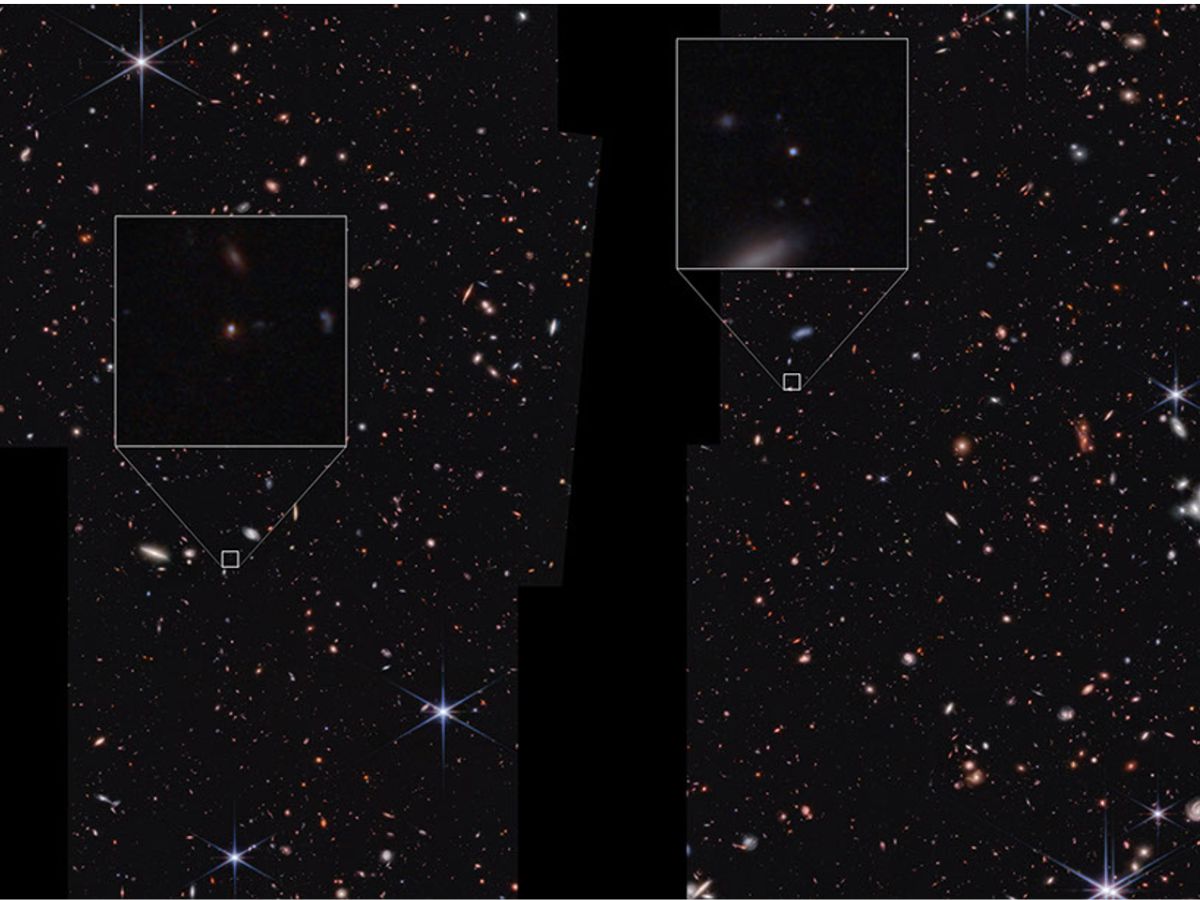Humanity is poised on the brink of a new chapter in its evolution as discussions around colonizing space gain momentum. In his recent book, The Giant Leap: Why Space Is the Next Frontier in the Evolution of Life, Caleb Scharf, a senior scientist at NASA Ames Research Center, argues that the drive to explore extraterrestrial environments is a natural extension of human evolution. This exploration is not merely a quest for knowledge but a necessary step for the survival of the species as Earth faces long-term existential threats.
Scharf emphasizes the concept of “dispersal” as a crucial evolutionary process. He explains that dispersal involves life extending beyond its original environment, adapting and evolving in new surroundings. As humanity seeks to inhabit other worlds, this dispersal could lead to significant changes within our species. “A single species becomes many species because its descendants necessarily adapt to environments that they find themselves in,” Scharf states. The vastness of space presents challenges that could lead to the emergence of new species, as humans adapt to extraterrestrial conditions.
The prospect of life beyond Earth raises fundamental questions about survival. Earth, as we know it, is not immune to catastrophic events, and Scharf highlights that in approximately one billion years, the sun will become a red giant, making our planet uninhabitable. While Mars has been considered a potential refuge, it too will eventually succumb to the sun’s fiery fate. Scharf posits that the ultimate answer for humanity’s survival lies in exploring other star systems, though significant technological obstacles remain. Current propulsion methods, such as chemical rockets, are insufficient for interstellar travel, necessitating the development of advanced technologies like light sails or ion drives.
Scharf also discusses the role of mathematics, physics, and chemistry in enabling space exploration. He suggests that this “ecosystem” of knowledge has evolved alongside humans and is integral to our ability to venture into space. However, he notes that human-like intelligence has been around for only a few hundred thousand years, and it is uncertain whether this intelligence will enhance or hinder our survival in the long run.
Reflecting on past milestones, Scharf identifies the Apollo 11 moon landing in 1969 as a pivotal moment in human history. Despite this achievement, there has been a notable stagnation in human exploration beyond Earth orbit since the conclusion of the Apollo lunar program in 1972. Scharf attributes this to a lack of long-term planning in space missions, which have often prioritized immediate goals over sustainable exploration strategies.
As humanity contemplates its future in space, the ethical considerations of carrying Earth’s biodiversity into the cosmos become paramount. With a global population exceeding 8.1 billion, discussions arise about which species should accompany humans on this journey. Scharf suggests that the human microbiome and various other forms of life are essential for sustaining human existence in new environments. He even proposes taking a cubic kilometer of Earth’s surface, complete with its diverse ecosystems, to ensure the survival of essential microbial and plant life.
The prospect of selecting only a few hundred thousand people to leave Earth raises poignant questions about the fate of billions left behind. Scharf envisions a gradual migration to space, where a small number of pioneers might establish colonies, allowing future generations to choose between remaining on Earth or moving to new habitats.
When asked about humanity’s ability to unite for such a monumental effort, Scharf acknowledges the complexities of tribalism but expresses a cautious optimism about the future. “It depends on what day you ask me that,” he quips, hinting at the fluctuating nature of hope and despair regarding humanity’s collective journey.
In summary, as humanity’s survival increasingly relies on space exploration, the insights provided by experts like Caleb Scharf underscore the intricate relationship between our evolutionary path and our aspirations for a greater existence among the stars. The next steps we take in the cosmos may not only shape our future but could also redefine what it means to be human in the grand tapestry of life.







